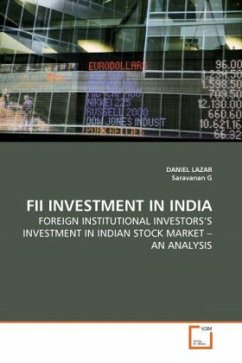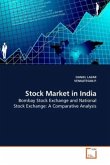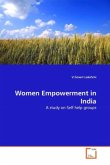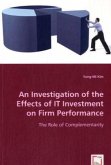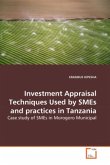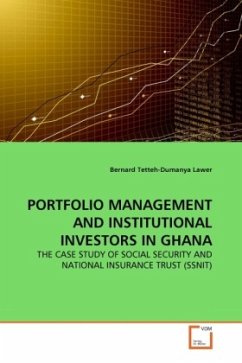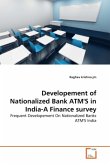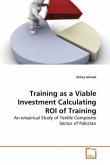Indian Capital market was opened to FII investment from 1991.Clark and Berko (1997) emphasize the beneficial effects of allowing foreigners to trade in stock markets and outline the base- broadening hypothesis. Other researchers and policy makers are more concerned about the herding behavior of foreign institutions and the potential destabilization of emerging stock markets. These issues are considered here in the context of foreign institutional investors trading activities in India.Regression analysis, Descriptive Statistics, Normality Test, Unit Root Test,Lag Length Selection Criteria, and Auto Regression are used. This study reveals that FIIs investment influence the indices of BSE and NSE respectively. FIIs investment behavior show that they are doing herding in Indian stock markets on monthly basis by making more than average buying and selling in same month and in different month, which creates short term panic in the minds of individual investors of India.

